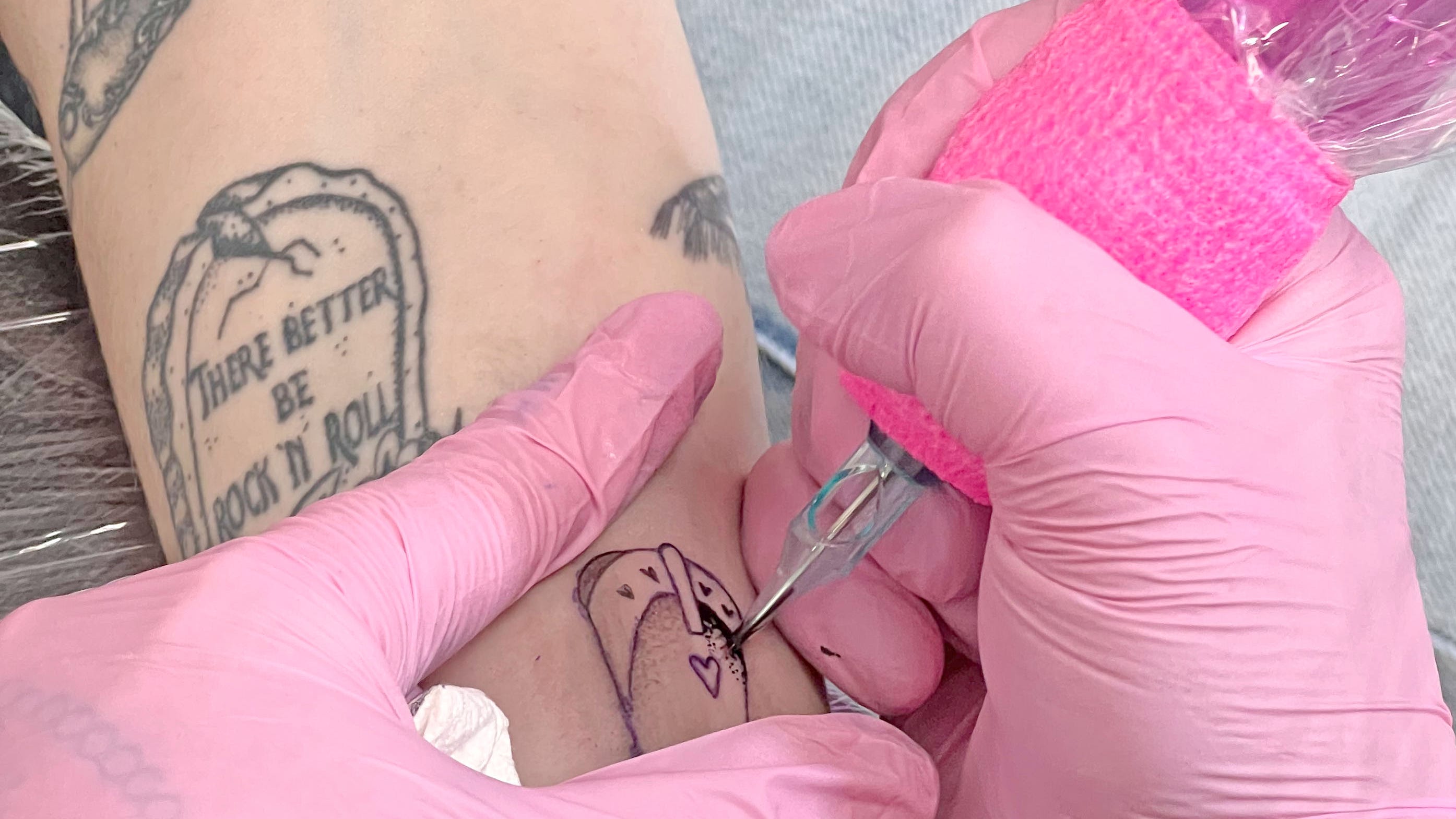Time: 2024-07-03

Bacteria contamination in tattoo and permanent makeup inks has been a growing concern, with a recent study revealing that over a third of tested inks from popular brands were contaminated with both aerobic and anaerobic bacteria. This contamination was found in inks that had sterility claims, indicating that the sterilization process may not be effective. The FDA has been increasingly warning about tattoo ink-related infections, as reports of adverse events have been on the rise over the years.
The researchers discovered 34 different types of bacteria in the ink samples, including strains that could lead to infections such as urinary tract infections, healthcare-acquired infections, acne, and drug-resistant infections. Some of the bacteria found can cause skin infections, pneumonia-related infections, and respiratory tract infections. The presence of these bacteria highlights the importance of monitoring tattoo inks for contamination.
The FDA considers tattoo inks to be cosmetics and does not typically regulate them unless issues arise. While tattoo artists emphasize health and safety practices, outbreaks due to contaminated ink have led to recalls in the past. Adverse reactions to contaminated tattoo ink can range from redness and bumps to severe symptoms like fever and chills, requiring treatment that may include antibiotics, hospitalization, and surgery. The rise in tattoo-related complications underscores the need for more efficient microbial detection methods for tattoo inks.
In addition to bacteria contamination, some tattoo inks have been found to contain unlisted additives that could pose health risks. A study found that additives like polyethylene glycol and propylene glycol were present in some tattoo inks, emphasizing the need for accurate labeling. The FDA plans to conduct further research on microbial contamination in tattoo inks and develop strategies to enhance safety measures in the tattooing industry. As the popularity of tattoos continues to grow, ensuring the safety and quality of tattoo inks remains a critical priority to prevent infections and other adverse reactions among tattoo enthusiasts.